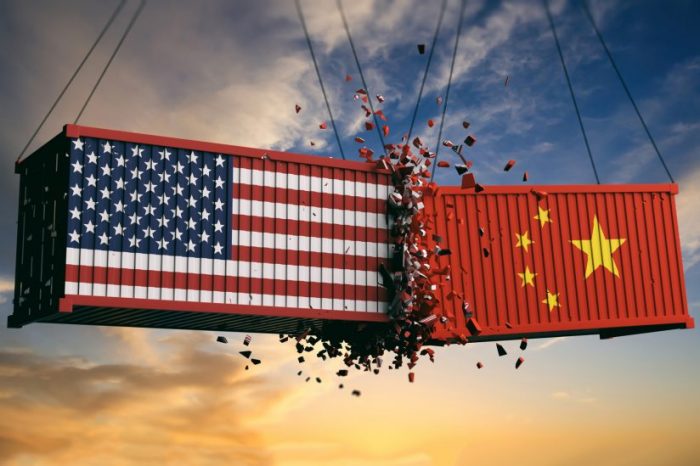What will China do after Biden takes office

What Le Monde writes about China's next moves towards Biden's United States
China will continue to follow its path after Joe Biden takes office, as it has for the past eight years. Because the Sino-American rivalry was already deep and ideological before the arrival of Donald Trump. " We must build a socialism that is superior to capitalism, and lay the foundations for a future in which we will conquer the dominant position ," Xi Jinping already said in January 2013, in front of the members of the Central Committee of the Chinese Communist Party.
In Beijing, the pandemic crisis has not called this ambition into question. On the contrary, China has used a diplomacy of masks, then technologies and vaccines (donations and sales of protective equipment, tests, thermal cameras, video conferencing systems, etc.) for a significant number of countries – including in Africa, Latin America. and Southeast Asia. Of course, the pandemic crisis and the propaganda campaigns it launched have deteriorated the image of China in some countries, particularly in Europe, but many others remain open to Chinese proposals.
BILATERAL AND MULTILATERAL AGREEMENTS
In this context, no softening of Chinese policy in Xinjiang or Hong Kong can be expected. Arrests and arrest warrants against Hong Kong political representatives and activists are likely to continue to multiply in the coming months, ahead of parliamentary elections scheduled for September, and to involve an increasing number of foreign nationals – under the National Security Act adopted by Beijing in June 2020.
CIRCLES OF FRIENDS
China, on the other hand, will continue its policy of enlarging its " circle of friends ", an ambition declared in these terms by the Chinese president since 2018. For China, in fact, occupying the " dominant position " passes through a new division of the world. in which the United States and its allies would be progressively marginalized in the face of a large group of "friends of China", faithfully supporting its positions on Xinjiang, Hong Kong, Taiwan and other issues of fundamental interest to Beijing. As early as October 2020, China managed to enlist the support of more than 53 countries on Xinjiang at the United Nations, in response to the joint protests of 39 countries against the violations of fundamental rights in the province.
In addition to prolonged activism in multilateral fora to promote its interests – including at the World Health Organization (WHO), while Beijing tries to rewrite the discourse on the origin of the virus -, China will continue to propose its initiatives to the greatest number. possible of countries, including US allies, with the intention of generating a strategic fog for their own benefit. The RCEP is among the signatories of US allied countries such as Japan, South Korea and Australia. The so-called " new silk roads " project counts Italy among its members, which signed a framework agreement in 2019, much to Washington's regret.
THE NEW ROADS OF SILK
In reality, it is not only difficult to achieve political convergence on these issues, but also, for some countries, to reduce their dependence on Chinese technologies, ubiquitous in their territory in various forms (surveillance cameras, social networks, Alipay payment platform, telecommunications networks 4G, 5G, etc.)
Above all, it is particularly difficult for many countries to limit their dependence on the Chinese market, which is an attractive production and consumption area and which appears to be one of the only countries in the process of returning to growth. By playing on its consolidated status as the second largest economy in the world, China will seek to position itself throughout 2021 as the leading country in overcoming the health crisis but above all as the savior of the world economy. Even if the country were to face a new wave of contamination – a hypothesis that cannot be ruled out – the propaganda organs will do their utmost to maintain this position.
2021, the centenary year of the Chinese Communist Party (CCP), will be an unprecedented year of glorification of the Chinese political system, and a year of particularly fierce economic, technological and ideological competition.
Europe can only remain in competition by pursuing strong diplomatic and technological activism now, both bilaterally and within international organizations. This will require strengthening relations with its traditional democratic partners, but also with many other countries outside the European and American territory, with ambition and dynamism.
This is a machine translation from Italian language of a post published on Start Magazine at the URL https://www.startmag.it/mondo/cina-biden-cosa-fara/ on Sun, 24 Jan 2021 07:47:41 +0000.
